Newport woman Karola Regent, who witnessed Nazi Stormtroopers ransack her childhood home before escaping to Britain on Kindertransport, has died aged 97.
She was eight when the Nazis came to power and experienced indifference towards Jews turn to hatred in a few short years.
Karola and her sister were on the last train out of Rhineland in May 1939 when they travelled to the safety of Britain.
Forty four years later she wrote the book The Ninth of November, recalling the violent events of the Kristallnacht when Nazis smashed up Jewish homes and businesses.
After a German edition of her book was published in 1988, Karola received invitations to speak at schools in Düsseldorf, including the school she had attended as a child.
In her honour, the school later changed its name to the Hanna-Zürndorfer Schule and Karola attended the naming ceremony.
During their early years in the UK, Karola and her sister discovered their parents had been deported from Düsseldorf. Their father died in 1942 and they think their mother perished in Lodz, Poland.
Karola later married Oxford graduate Peter Regent, who became head of the department of liberal studies at Duncan of Jordanstone College of Art and Design in Dundee in 1965.
He also served as a councillor on North-East Fife District Council from 1984 and was heavily involved in the communities of north-east Fife and Dundee.
Karola became a teacher at Madras College, St Andrews, Dundee College of Technology, and then at Harris Academy for around 10 years from 1976.
Early life
Hanna Karola Zürndorfer was born in Düsseldorf on December 5 1925 into a Jewish family who were not strict in their observance.
Her father was a publisher and they grew up in a Christian neighbourhood, with Christian friends and enjoyed hillwalking and outdoor activities at the weekends.
Karola, whose sister, Lotte, was three-and-a-half years younger than her, went to school in the Düsseldorf suburb of Gerresheim.
She was the only Jew in her class as far as she was aware, but was fortunate to have a protective teacher who excused her from the morning “heil Hitler” ritual.
When the Nazis came to power in 1933 the family initially experienced no harassment from the SA Brownshirts but, gradually, tensions ramped up and other children were told not to play with the girls.
Her father left his job so Christian colleagues would not be endangered and the family began to smuggle out valuables to relatives in England.
Then on November 9 1938, Nazi leaders unleashed a series of violent pogroms against the Jewish population, targeting homes and businesses in what became known as the Kristallnacht; “the night of broken glass”.
Karola and the rest of the Zürndorfer family felt the zealous wrath of the fascists but also saw unexpected consideration from one SA man.
The Nazis broke in their home after 3am and the family were woken by the sounds of crockery and glass smashing.
The children fled to their parents’ room and found them speechless with fear.
‘Violent monsters’
In her book, Karola recalled: “Seconds later they burst into our room; violent monsters, their faces contorted into raving mouths of hatred.
“All screaming and shouting, eyes rolling, teeth bared, wild hands flaying, jackboots kicking. They were wielding axes, sledgehammers, stones and knives; they rushed about the room, smashing, throwing, trampling.”
Their father asked them to spare a special painting only to see one Nazi take a knife to the canvas.
“I saw one Nazi pick up a large marble slab from the smashed dressing table top and he raised it high above his head. He threw it across the room with all his might at my gesticulating father…but my father had ducked instinctively,” Karola wrote.
Towards the end of a rampage, a very unexpected thing happened, explained Karola.
“Then came to the side of our bed a small man, outwardly the same; brown shirt, leather belt, jackboots, but he had a face, not a distorted mask and he had human eyes that saw our fear.
“He bent low and whispered ‘children don’t look, don’t look children, hide your eyes, I’m sorry, I had to do it’.”
A relative in the USA had been pleading with the family to get the children out and their parents succeeded six months later by getting them on the last train out of north-west Germany.
Karola and Lotte went to live with an aunt and uncle in Hampstead, London, she told the charity gatheringvoices, but when war broke out they were evacuated to stay with a family in Hertfordshire.
This was an unhappy placement because the family believed the little girls were German spies, however, they were given safe haven by a kindly family, the Salmons, in Rickmansworth, who treated the young refugees like their own family.
They could at last feel safe.
Karola and Peter’s daughter, Petra, said: “My mother excelled at her British school, particularly in her newly adopted language, but would have been forced to leave at 14 if it wasn’t for a wonderful Jewish benefactor, Lucy Stern, who paid her school fees, allowing her to stay on until 16 and complete the all-important school certificate.
“In 1944 as a fluent German speaker, she worked for a year as a research assistant at the Ministry of Economic Warfare, who subsequently covered the fees for her degree in English at Bedford College in London from 1950.
“In 1951 she met her first husband, Alan Hood, who tragically died after just one year of marriage in the notorious London smog of 1952,” said Petra.
Shortly after, Karola realised her dream of being a journalist by landing a job on the Norfolk newspapers, the Eastern Daily News and Eastern Daily Press.
She worked as a features writer, drama critic, and editor of the women’s page until 1956.
It was while working on a feature in Norwich that she met her second future husband, Peter Regent, whose parents lived locally.
The couple married in 1956 and Petra was born the following year after a harrowing premature birth.
After a spell living in London where Peter worked as head of the African section at the Hansard Society, they moved to Bramshill, Hampshire, where Peter became a lecturer in government at the police staff college.
In 1965, the family moved to Newport-on-Tay, when Peter took up a job at Duncan of Jordanstone College of Art, Dundee.
Artistic circle
During this time they both forged life-long friendships with other members of the college; Alberto Morrocco, David McClure, Sinclair Gauldie and Dick Hunter among others.
After qualifying as a teacher in 1971, Karola taught English in St Andrews and Dundee.
Peter left the college in 1976 to become a full-time sculptor.
He worked on commissioned portrait heads of Douglas Dunn, Alberto Morrocco, David McClure, Lord Mackie of Benshie, and James McIntosh Patrick, as well as public works including the Fishermen’s Memorial at Peterhead.
He also published a collection of short stories, Laughing Pig, which featured regularly on Radio 4.
Between Between 1984 and 1992 he served as a Liberal-Democrat councillor, was vice-chairman of the planning committee, a member of Perth Prison Visitors’ Committee, and Tay River Purification Board.
Karola and Peter led an active retirement exploring long-distance footpaths in remote areas of France, Greece and Turkey.
Both celebrated their 90th birthdays at home with family and friends in Newport.
Peter died in October 2021 aged 91 and Karola died last December.
You can read the family’s announcement here.
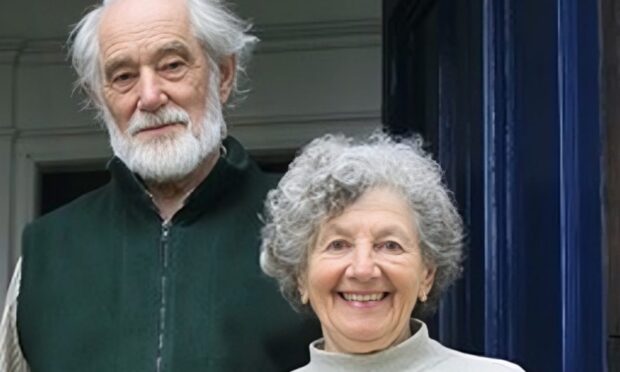
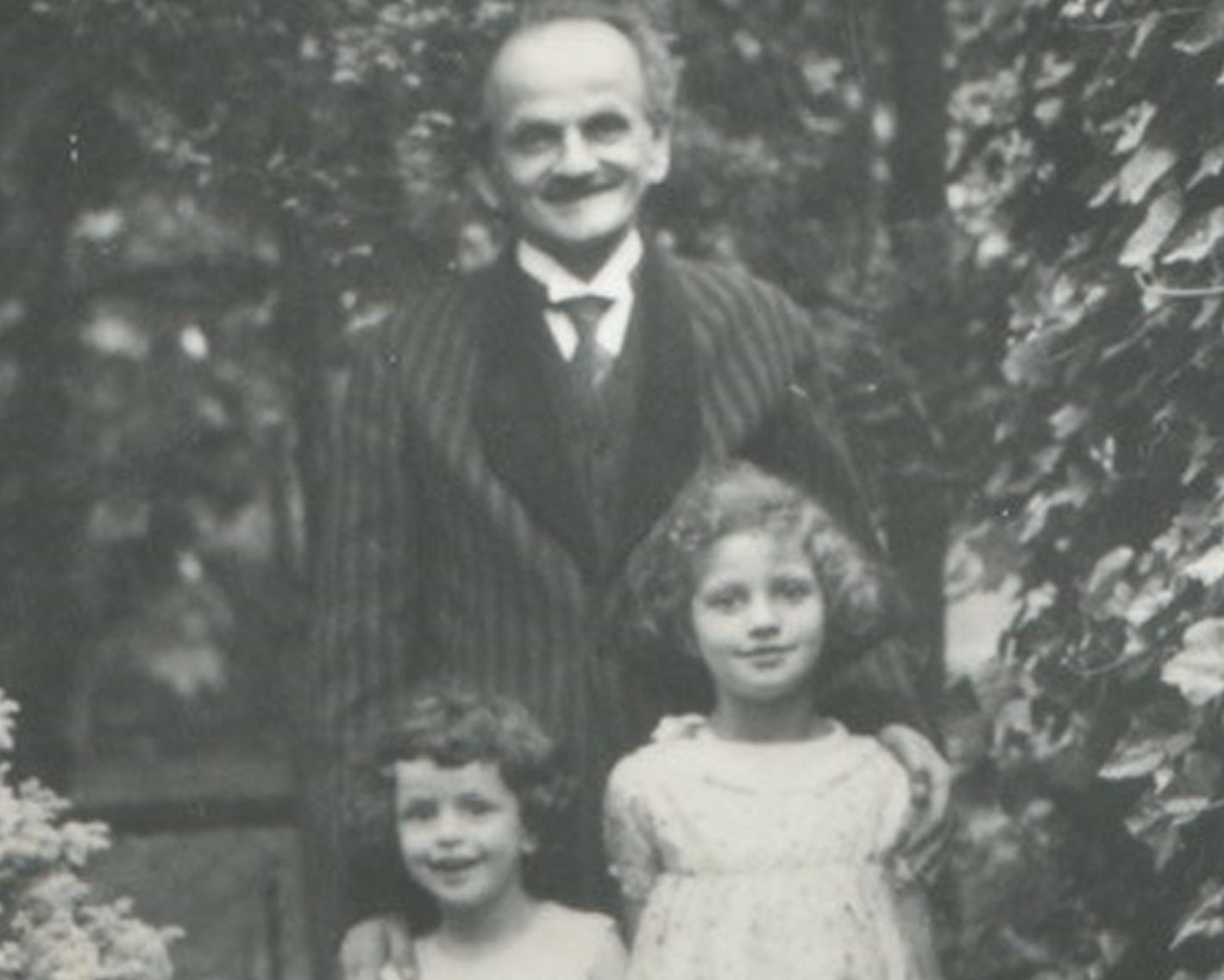
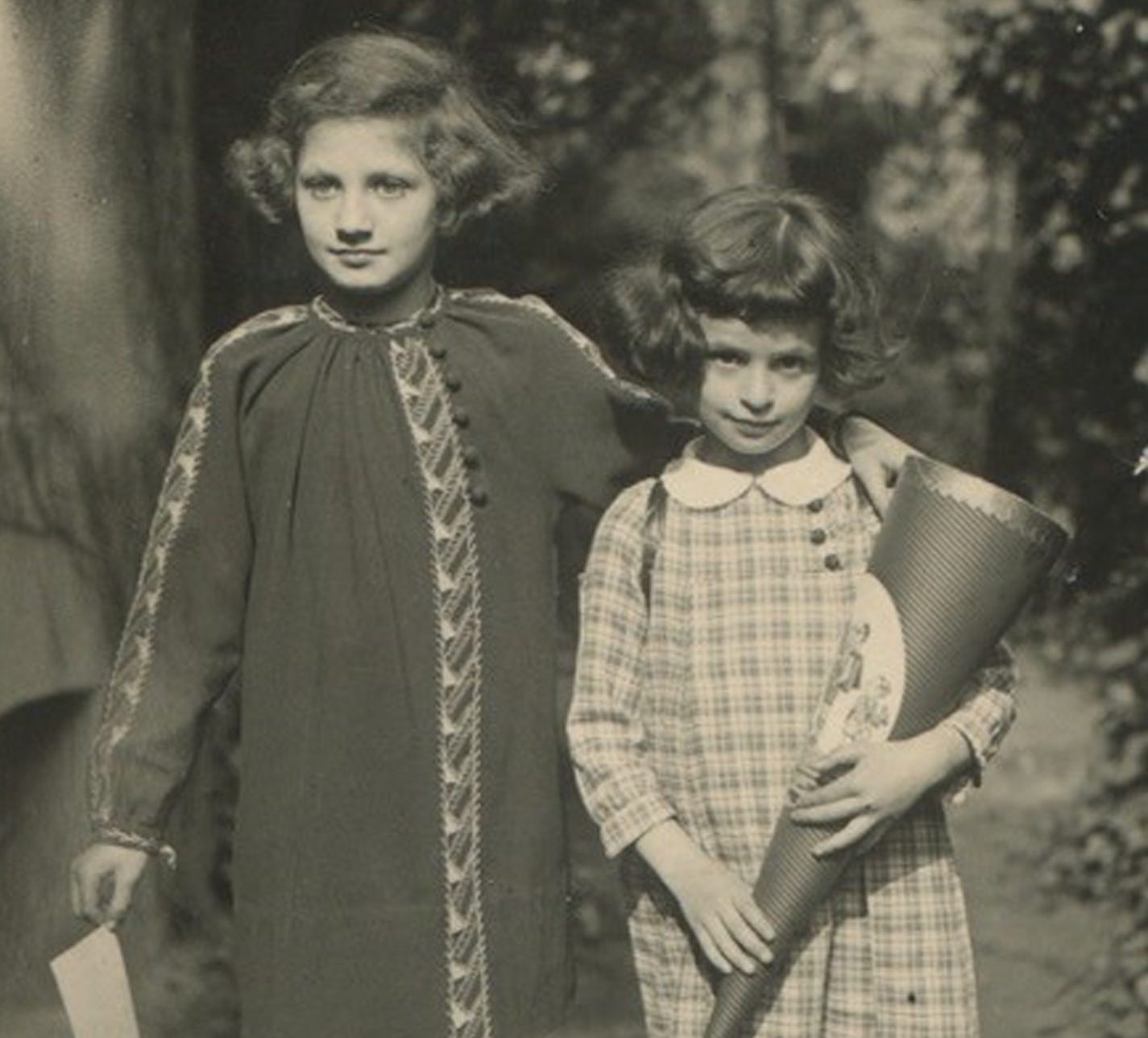
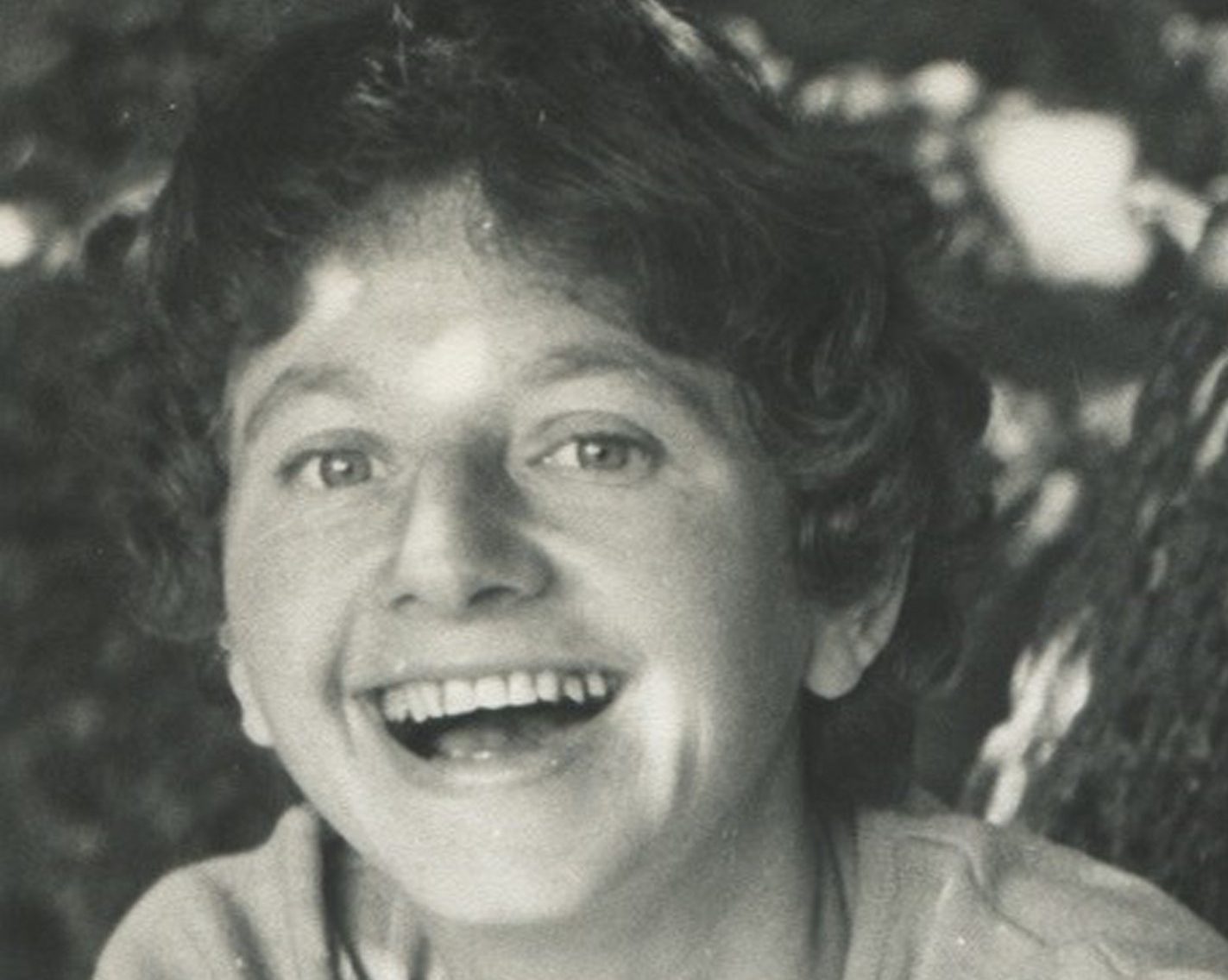
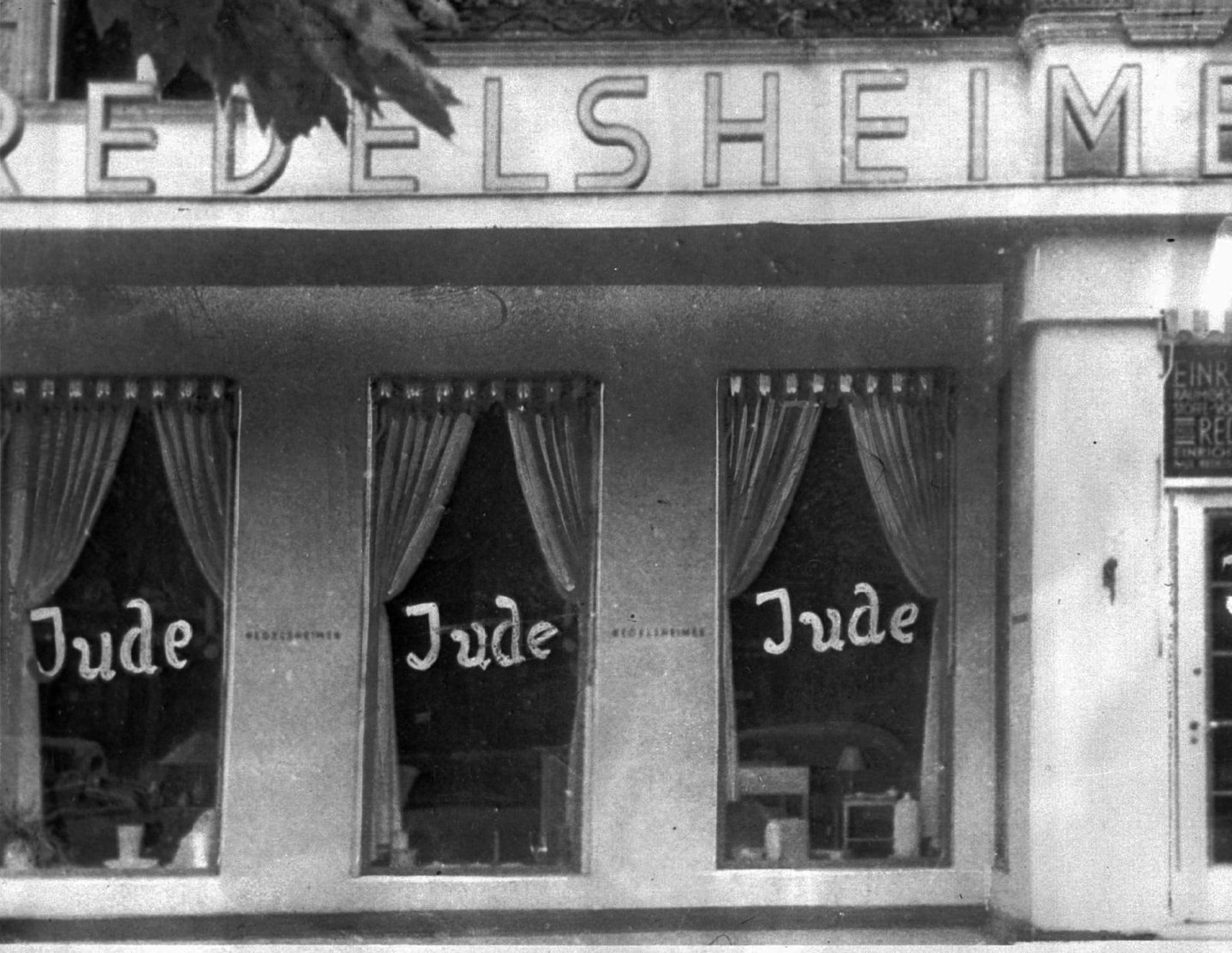
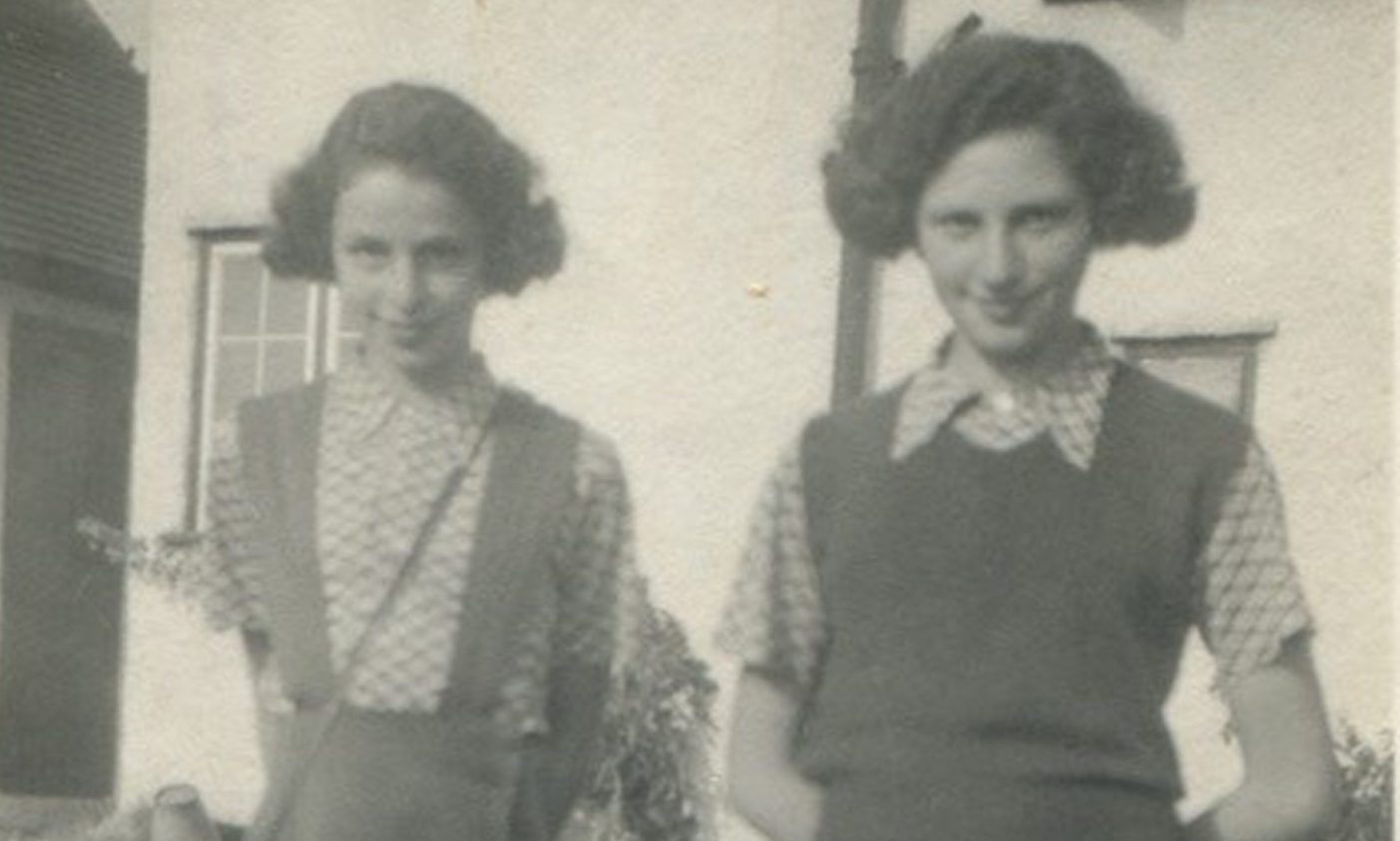

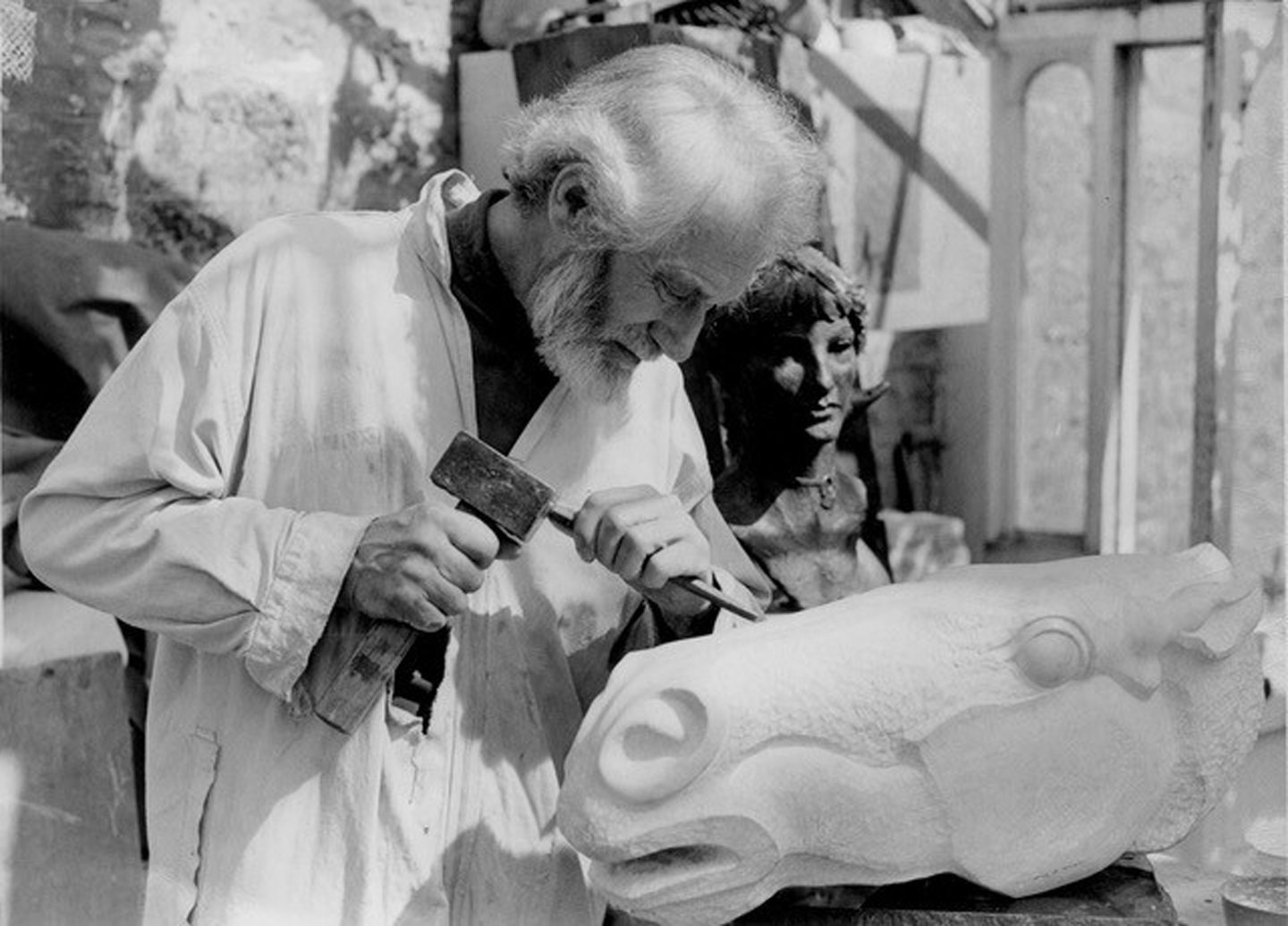
Conversation